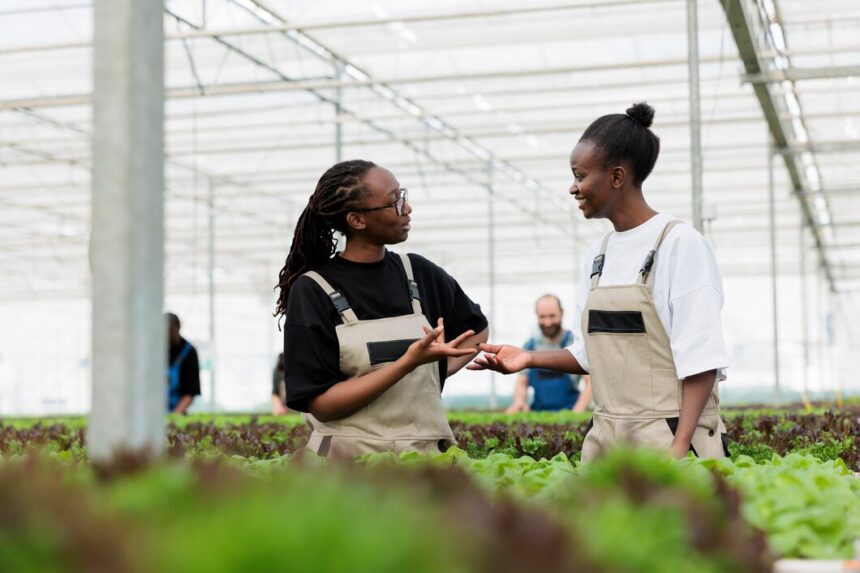Community Supported Agriculture (CSA) offers a dynamic way for farmers and consumers to connect, fostering mutual benefits and promoting sustainable practices. For South African farmers, adopting CSA techniques can strengthen local food systems and enhance community ties. Here are ten techniques that can be effectively practiced in South Africa to develop and sustain a successful CSA program:
- Farm Tours and Open Days: Regularly invite community members to visit the farm. Farm tours and open days help build trust, educate consumers about farming practices, and create a stronger connection between farmers and their supporters.
- Subscription Models: Implement subscription-based models where consumers pay in advance for a share of the farm’s produce. This provides farmers with upfront capital and assures consumers of fresh, seasonal produce.
- Diverse Crop Selection: Grow a diverse range of crops to cater to different tastes and dietary needs. Offering a variety of fruits, vegetables, and herbs ensures that CSA members receive a well-rounded assortment of fresh produce.
- Local Partnerships: Collaborate with local businesses and organizations, such as restaurants and schools, to expand your CSA network. Partnerships can help in marketing and can provide additional outlets for selling produce.
- Seasonal Boxes: Create seasonal produce boxes that reflect the local growing season. This approach helps educate consumers about what’s in season and encourages them to try new ingredients.
- Educational Workshops: Organize workshops and events on topics such as organic farming, cooking with seasonal produce, and sustainable agriculture. Education fosters a deeper understanding of the CSA model and engages community members.
- Online Platforms: Utilize online platforms and social media to promote your CSA, manage subscriptions, and communicate with members. An online presence can increase visibility and streamline operations.
- Flexible Pickup Locations: Offer multiple pickup points or home delivery options to accommodate members’ needs and increase accessibility. Flexibility can attract a broader audience and improve member satisfaction.
- Feedback Mechanisms: Implement feedback systems, such as surveys or suggestion boxes, to gather input from CSA members. Understanding their preferences and concerns helps improve the service and produce offered.
- Community Events: Host community events like harvest festivals or farm-to-table dinners. These events can strengthen community bonds, celebrate local food, and promote the CSA program.
Benefits of CSA for South African Farmers
Adopting these CSA techniques can provide numerous benefits to South African farmers, including:
- Stable Income: Subscription models offer financial stability and reduce the risks associated with market fluctuations.
- Market Access: CSA programs provide a direct market for farm produce, reducing reliance on intermediaries.
- Community Engagement: Building relationships with local consumers fosters a supportive community around the farm.
- Sustainability: Emphasizing local and seasonal produce supports sustainable farming practices and reduces environmental impact.
By integrating these techniques, South African farmers can create thriving CSA programs that benefit both their farms and their communities, while promoting a more sustainable and connected food system.
Join 'Farmers Mag' WhatsApp Channel
Get the latest Farming news and tips delivered straight to your WhatsApp
CLICK HERE TO JOIN






